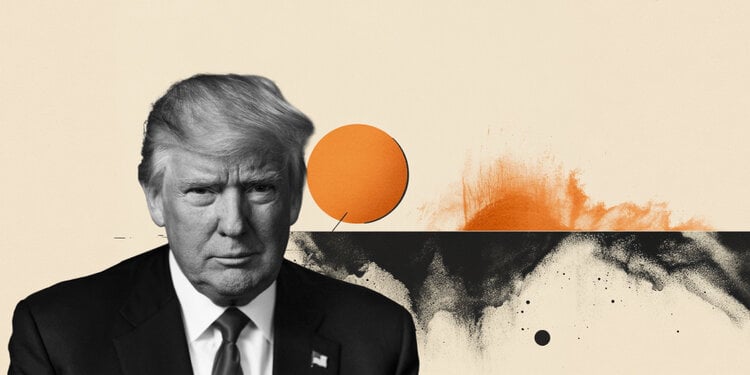The incorporation of the so-called self-test for Covid-19 as a tool to fight the pandemic depends exclusively “on a public health policy and action strategy established by the Ministry of Health”, says the National Health Surveillance Agency (Anvisa).
Experts heard by CNN corroborate the position of the agency and emphasize that the absence of these standards, in addition to making it impossible to record the approval of the self-test by the Agency, hinders the control of the disease, since self-testing can interrupt the chain of transmission of covid-19. The self-test is one in which the individual performs his/her own testing, without the need to go to a laboratory or health unit.
The agency claims that the technologies applied to these products have evolved over the years to increase their simplicity of use and increase access. However, for the adoption of an eventual public policy that allows the use of self-test for Covid-19, it is essential to consider human factors and the ease of handling the product, in addition to safety measures, limitations and precautions in storage.
“Other countries that have adopted the approach of carrying out in vitro tests for Covid-19 outside the laboratory environment have established public policies with a view to combating the dissemination of the coronavirus. The impact related to possible errors in the execution of tests must also be taken into account, which in addition to reverberating in the quality of life of users, can affect public health programs”, says an excerpt from the note from Anvisa.
For the infectologist at the Federal University of Rio de Janeiro (UFRJ), Luana Araújo, the Ministry of Health lacks the political will to incorporate the self-test for Covid-19, like the use of the self-test for HIV, which is also an infectious disease .
“She (Anvisa) is provoked and responds to this provocation. So, usually who requests this authorization for the use of a new technology to be incorporated into the SUS is the Ministry of Health. At the moment, the Ministry of Health is not willing to provoke Anvisa to make this happen,” says the expert.
The infectologist also highlights that it is up to the Ministry of Health to define a strategy and establish parameters for the application of self-tests for Covid.
“What we have to have is an organization to provide correct information about the validity of the test, how it works and how it should be interpreted. In addition to a support structure for this interpretation so that the patient knows what he is going to do from the moment he has a positive or negative test, depending on the clinical situation”.
As for the barriers to registration of the Covid-19 self-test related to infectious diseases, which require compulsory notification, as shown in the ANVISA technical note, the expert highlights that, like other countries where self-testing is widespread, Brazil has ability to develop control mechanisms quickly.
“We have examples from numerous countries that notify from mobile applications, QR Codes, facial recognition by artificial intelligence, something that we could develop, around here, very quickly.”
The self-test modality is already used in Brazil, for example, to find out whether or not a person is infected with the HIV virus. The product has been marketed in pharmacies across the country since July 2017. But it was only in 2019 that it began to be offered, free of charge, by the SUS, to people in vulnerable situations. Other self-tests are also widely marketed in the country, such as those used to measure glucose levels in patients with diabetes and those in pregnancy.
For sanitarist physician Cláudio Maierovitch, from the Oswaldo Cruz Foundation, not using self-testing is a lost opportunity to prevent and interrupt the transmission of Covid-19 in Brazil.
“Today, in Brazil, we still face difficulties in being able to carry out laboratory, pharmacy or health care tests. Thus, many people who have mild symptoms, or who have had contact with infected people and would like to test themselves, cannot. Knowing that some of these people would have a positive result, they are lost opportunities to prevent the disease and to interrupt transmission, since many times by not getting tested, people end up not isolating themselves. When they have the result in hand, they have much more conviction to do the isolation”.
The sanitarist also claims that the myth surrounding the product must be overturned and emphasizes that there are tests with excellent quality in the pharmaceutical market.
“There are tests available in the world today that are of excellent quality for the person to perform alone at home, which can be performed without difficulty, as they do not require any technical preparation, just follow the instructions.
In a note sent to CNN, the Ministry of Health informed that “it acquires and distributes to the states only the tests already approved and registered by Anvisa for the detection of Covid-19 and, so far, there is no approval for the registration of self-tests by Anvisa.”
“To reinforce the population’s testing, Pasta contracted around 60 million rapid tests produced by the Oswaldo Cruz Foundation (Fiocruz)”, completes the note.
Reference: CNN Brasil







